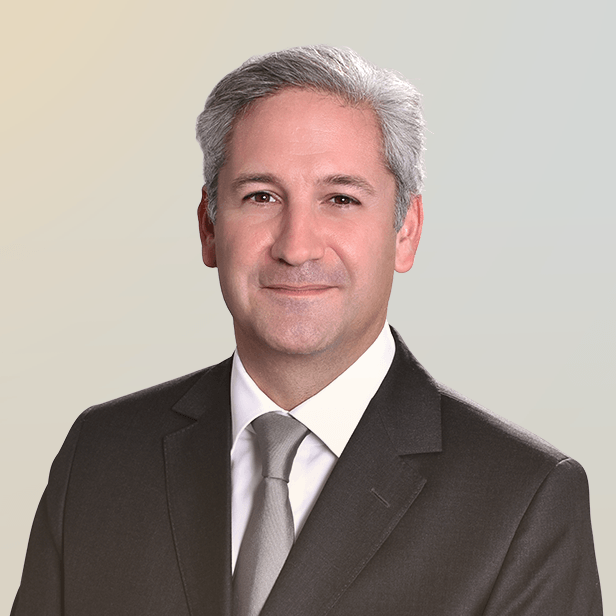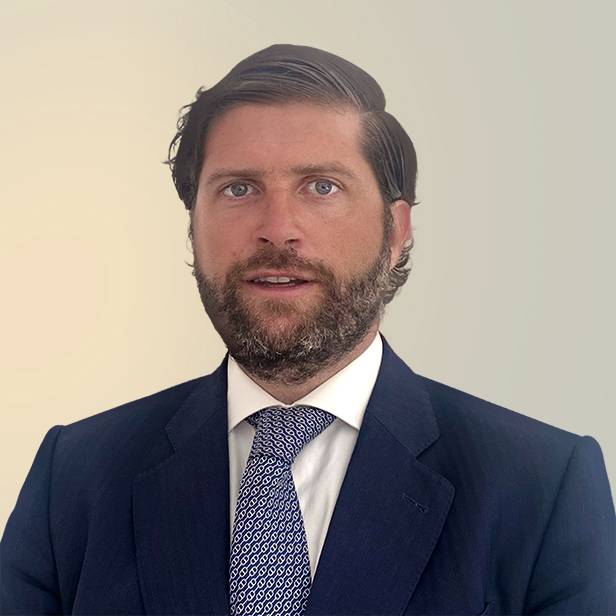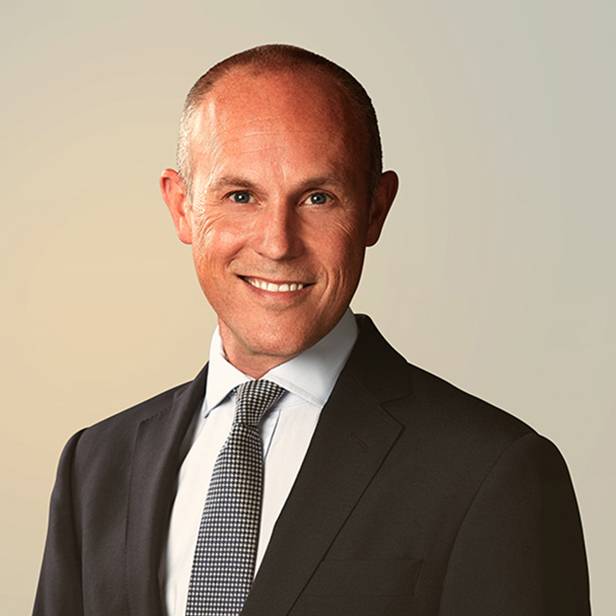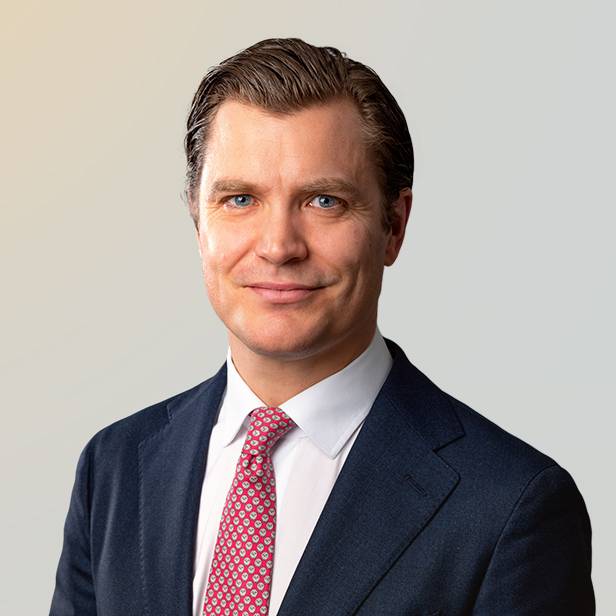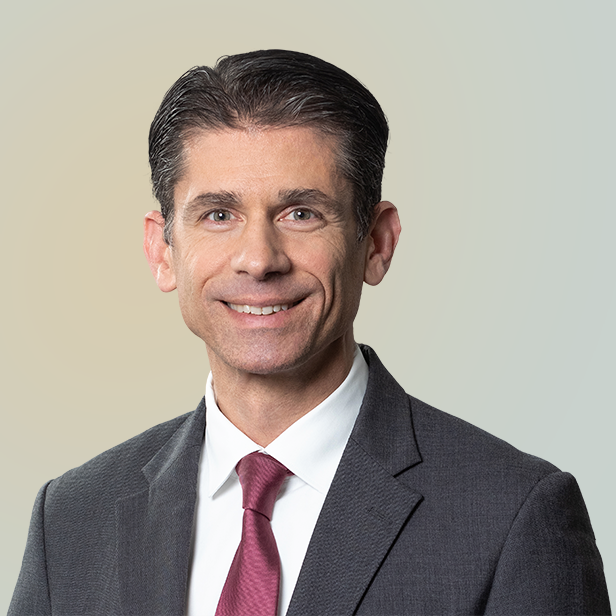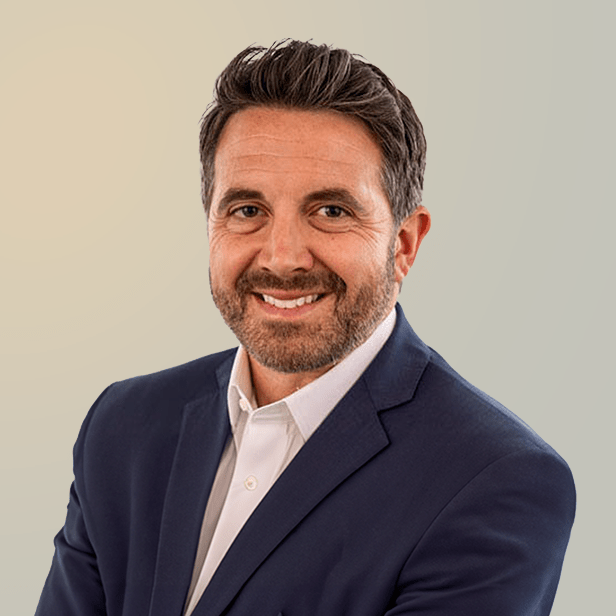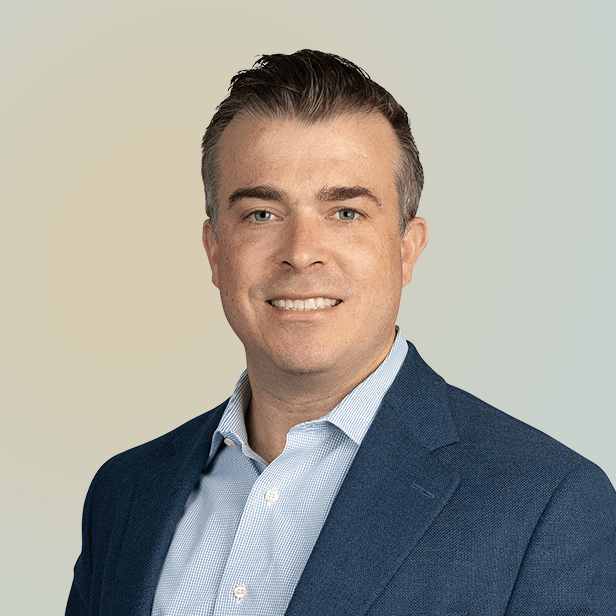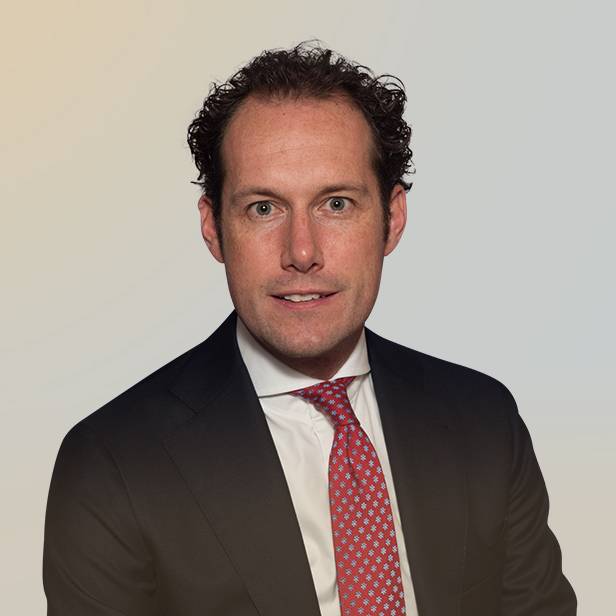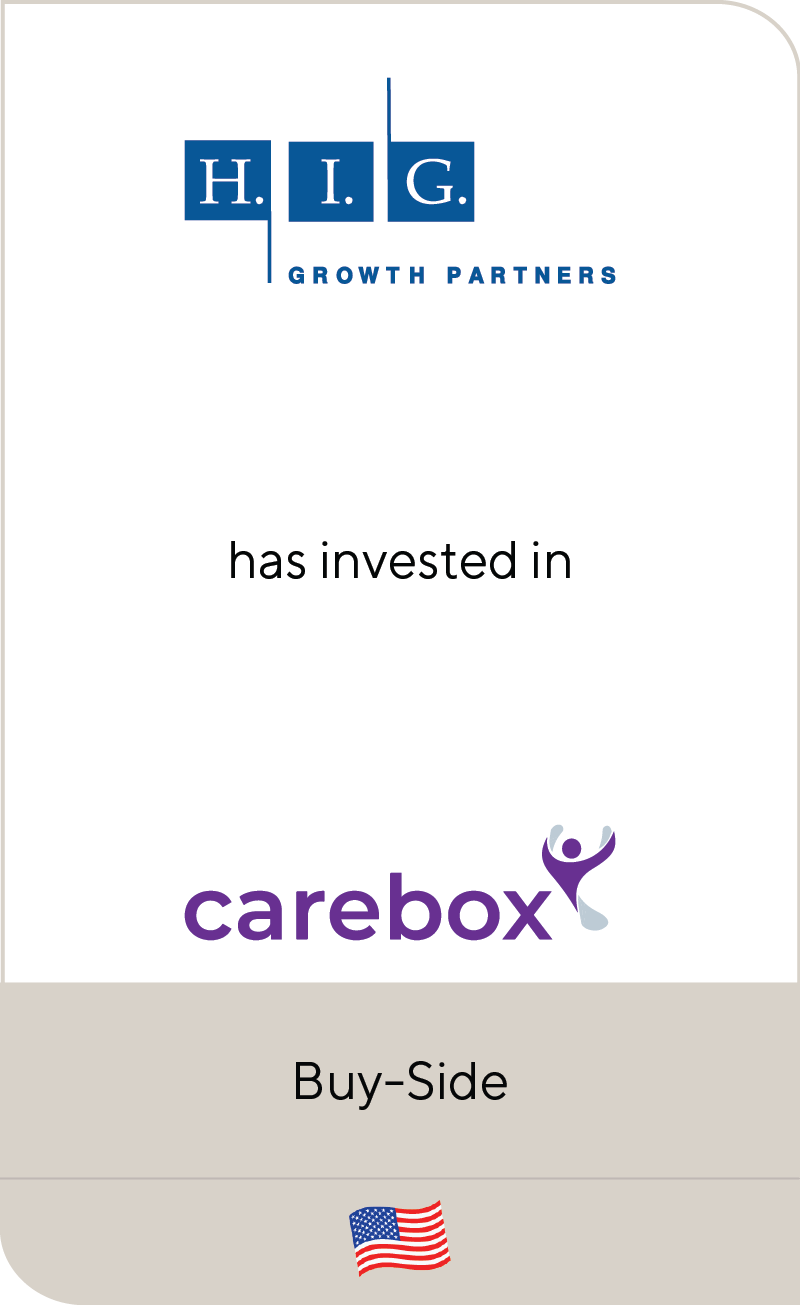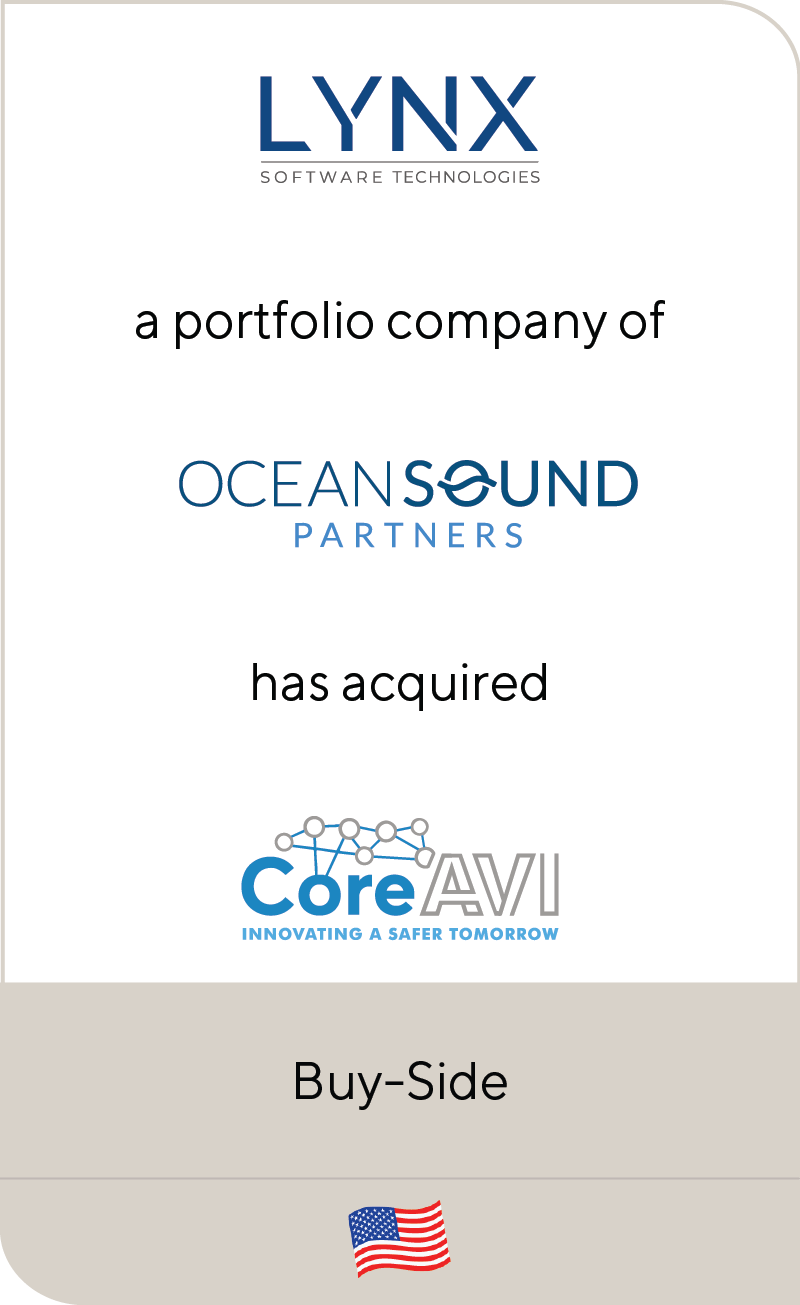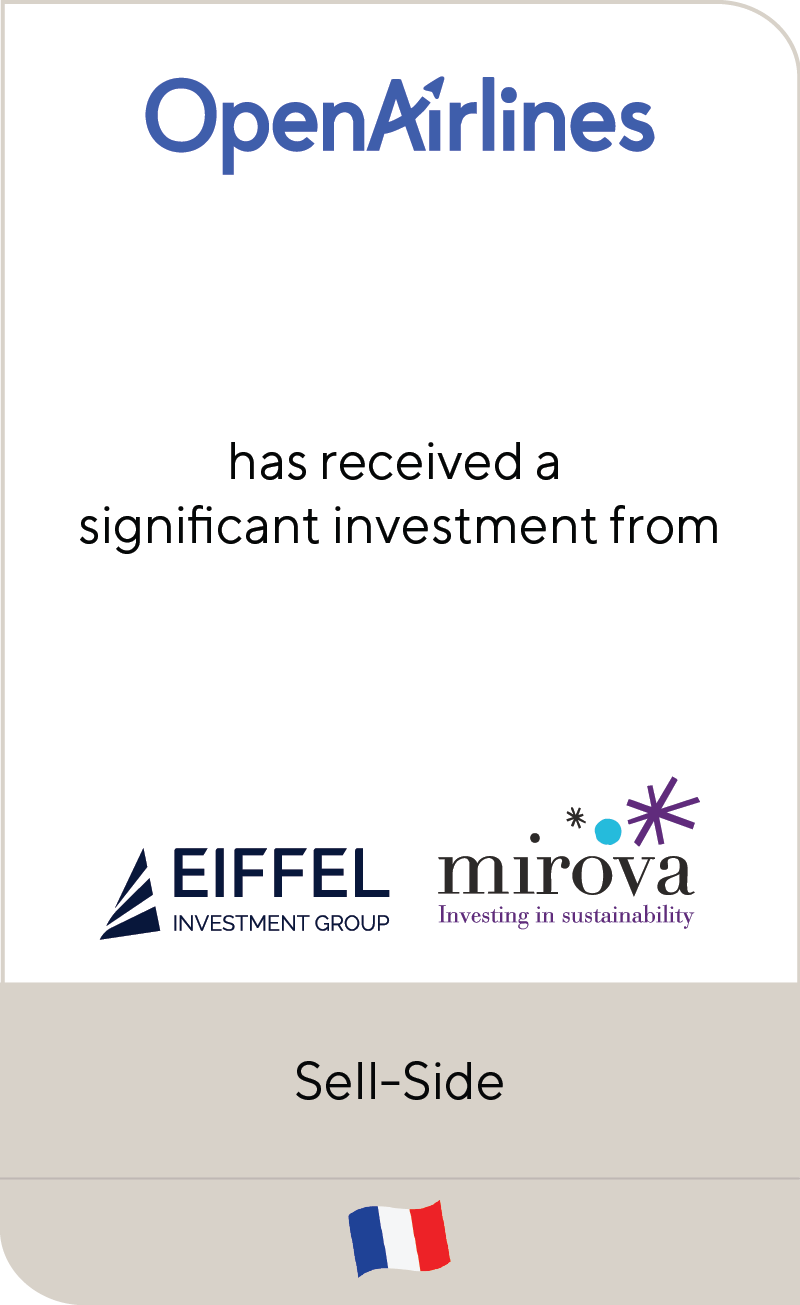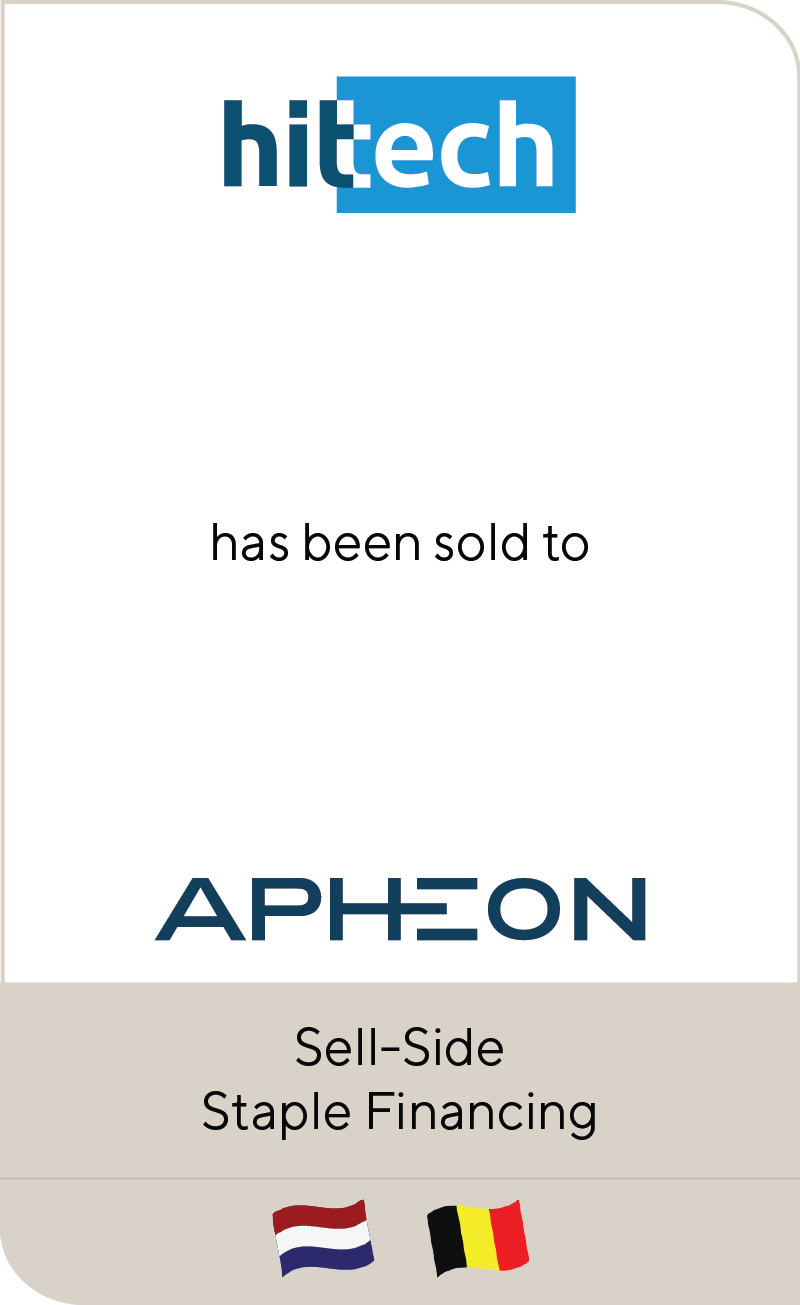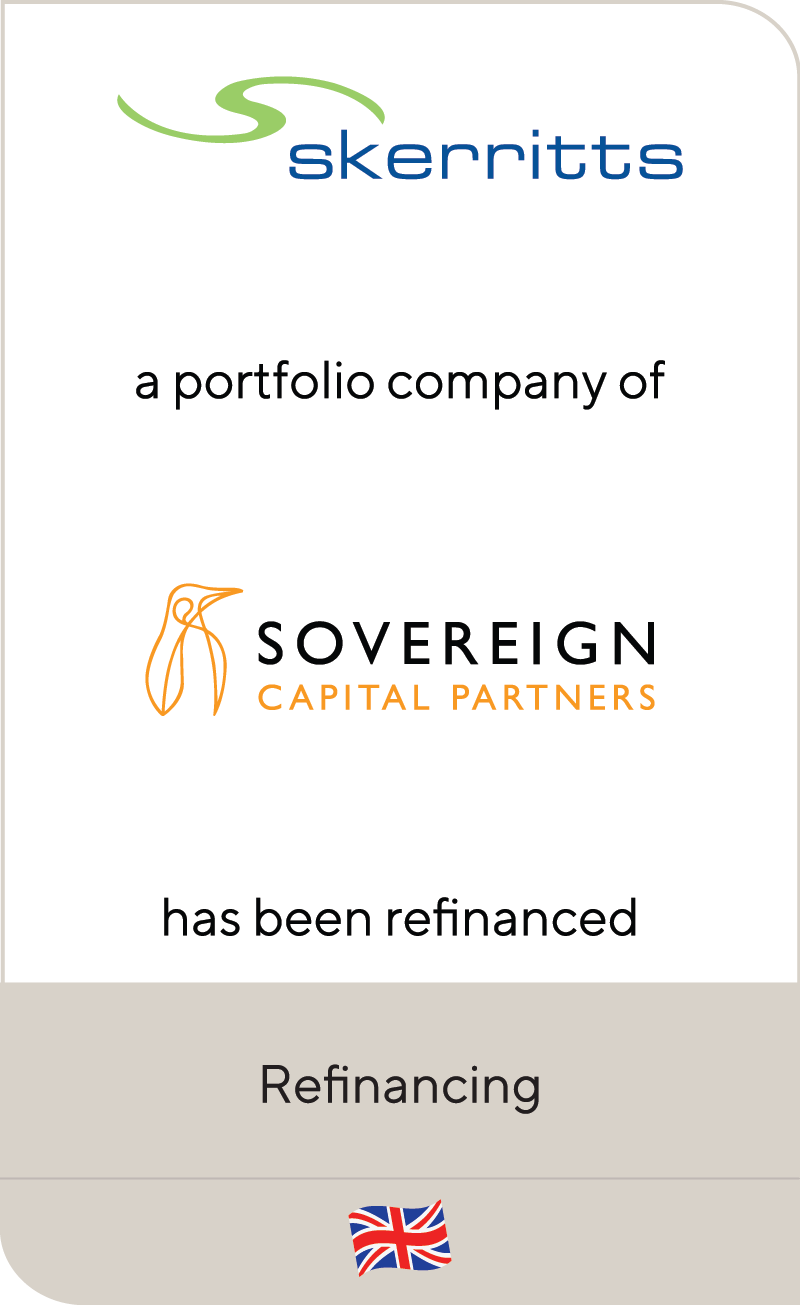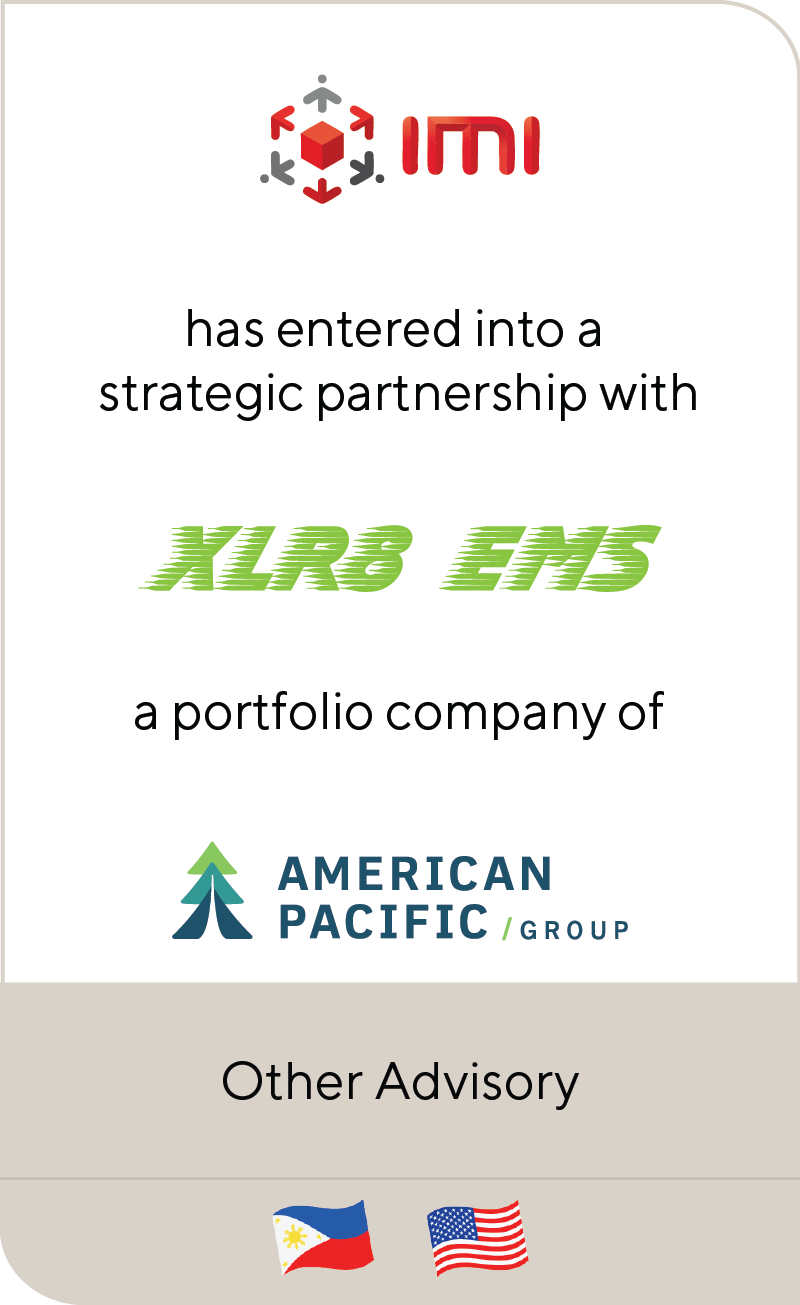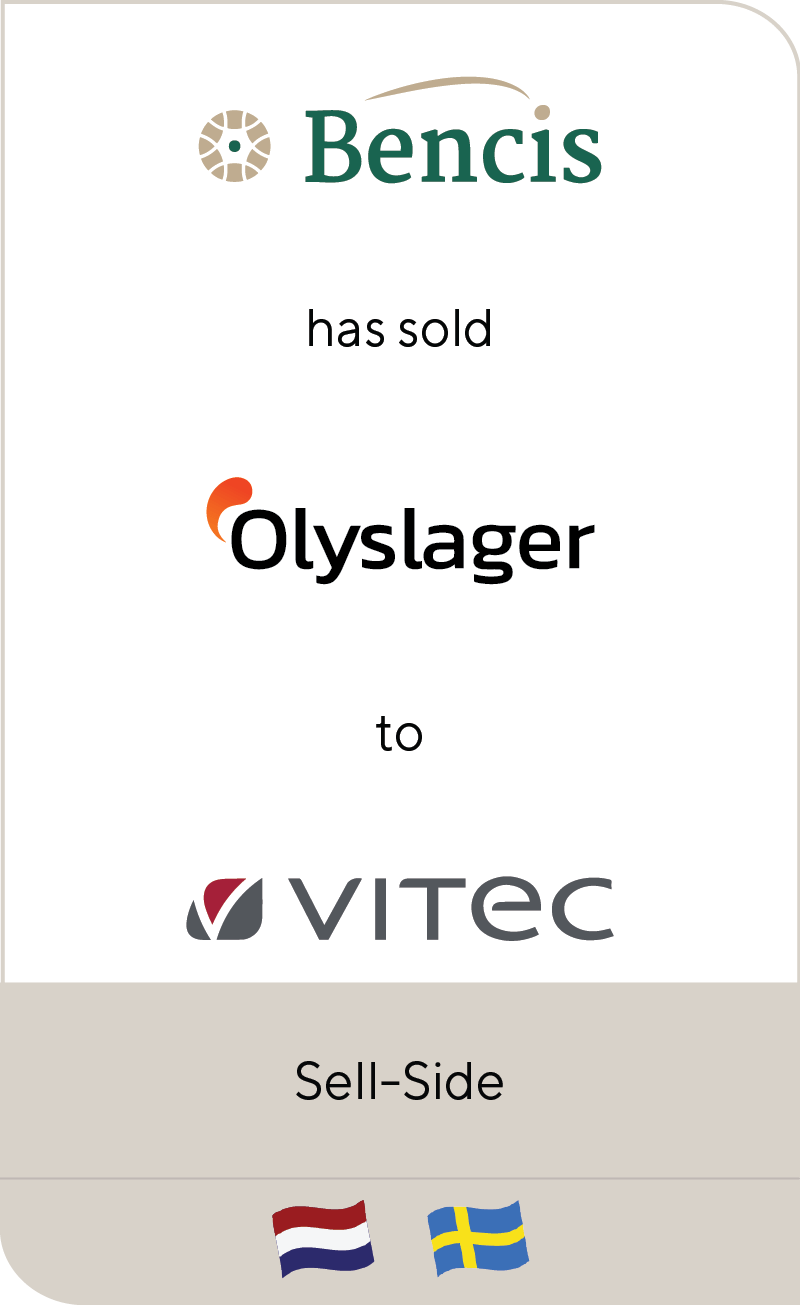A “Pan-Premium” Ignites Consolidation in European Fire Safety
Oct 2024
| Featured in International Fire & Safety Journal on 7 October 2024.
Europe’s lukewarm fire safety sector is set to see a wave of mergers and acquisitions (M&A) as players that were once country-specific start moving outside of their traditional home markets. This surge is driven by private equity (PE)-backed fire safety platforms embracing pan-regional strategies—that is, companies moving across countries, service offerings, product types and revenue models. The fuel for this M&A conflagration is what we call the “pan-premium”—a price premium that investors put on platforms which are set to become regional leaders in fire safety. European fire safety is now in a virtuous circle where investors are pushing the prices of “pan” companies higher as the advantages of geographic, cash-flow and business offering diversification become evident. This “pan” incentive, in turn, is set to accelerate M&A, as platforms race to create leaders on the continent and beyond. |
Summary
-
Lincoln International’s experts further explore the factors firing up fire safety consolidation in our latest perspective.
- Click here to download a printable version of this perspective.
- Sign up to receive Lincoln's perspectives
Regulation Continues to Drive Consolidation
One of the key and continuing drivers of this “pan” consolidation is the evolving regulatory environment across the European Union.
Each country in Europe maintains its own fire safety standards and building codes (which affect the use of things like sprinklers and fire extinguishers), and these can vary significantly. For example, fire extinguisher maintenance is required every six months in Italy, and every two years in Germany.
Despite these differences, a crucial trend is emerging: the growth of EU-wide regulatory standards, which have significantly tightened in the last few years after coming on the scene decades ago.
These region-wide regulations will be a financial boon to fire safety companies helping customers meet the new standards.
In the long term, fire safety firms that already meet emerging standards—companies with “pan” capabilities—will be better positioned to serve customers.
For fire safety providers, being able to adhere to multiple, more stringent standards can be a differentiator that translates into new business.
Many large fire safety customers are operating across multiple European countries, and they are shopping for fire safety providers that can comply with regulations across the entire region—vendors who can grow with them.
“Pan” fire safety vendors provide more than just convenience for pan-regional customers.
Many insurers already operate on a pan-regional basis. These insurers may only insure or offer lower rates to companies that meet more stringent fire protection standards.
Breaching Geographic Firewalls
The ability to offer comprehensive services in multiple geographies across Europe makes “pan” companies more attractive to customers, which makes them more appealing to investors as well.
These firms have achieved valuation synergies by creating pan-regional solutions as their transformations from leading fire safety companies to potential European consolidators helped drive valuations upwards.
Capturing the “pan” benefit has led to several recent deals, especially among pan-European PE sponsors backing platforms exceeding €150 million in annual revenues, including:
- BST Group, acquired by Norvestor from IK Partners
- Consilium Safety, acquired by the infrastructure fund Antin
- Eurofeu, recently acquired by IK Partners
- Minimax-Viking, successively backed by IK Partners and then Intermediate Capital Group
- Presto, backed by a continuation vehicle raised by Adelis Equity
- PTSG, acquired by Macquarie Capital and then partnering with Warburg Pincus
- Writech, backed by Waterland
In nearly all these cases, these deals resulted in a new entity that was larger than the sum of its parts from a valuation perspective.
Of course, some of this valuation increase is attributable to size alone. Larger companies are perceived as lower risk, commanding a size premium.
The lower risk is more than just perception. The integration of different business and revenue models creates more stable earnings.
Companies in the fire safety sector are increasingly combining either passive with active fire safety services or installation projects with more recurring services, such as detections, inspections and maintenance. This integration not only diversifies revenue streams but also provides greater stability and growth potential.
The market also adheres to the basic laws of supply and demand. As more deals occur, the pool of available targets shrinks, leading to scarcity and higher prices. This dynamic is particularly evident in the fire detection segment, where a few selected third-party integrators can operate maintenance on the systems provided by large integrated manufacturers, such as Siemens or Chubb.
Finally, scale efficiency plays a role, with companies sharing fixed costs for centralized remote monitoring and support centers to enhance profitability, although this is more pronounced for companies building integrated organizations within regions with a shared language.
A Firebreak for Specialists
Of course, not all M&A in the fire safety sector is about increasing footprint; it also involves expanding into new service offerings, end markets and technologies. Some companies are diversifying within particular segments, such as software-based maintenance and monitoring or manufacturing specialized equipment like sprinkler systems, which may vary in demand across countries like France and Germany.
Industry-specific platforms are also emerging, focusing on sectors with unique requirements, such as data centers or marine applications, which pose significant challenges for many fire safety providers due to their specific needs.
Furthermore, the fire detection segment is witnessing high demand for acquisitions, driven by a scarcity of sizeable assets, which in turn is inflating valuations. In the near term, Chequers’ exit from the French ERIS is expected to be an interesting case in this respect.
Still, while some specialists will continue to operate within their niches, they may pursue acquisitions to broaden their reach or enhance their offerings in specific industries. This trend indicates that even highly specialized providers can find opportunities for growth through strategic acquisitions.
The Future State of Fire Safety
As consolidation accelerates, the European fire safety sector could start to resemble the more mature U.S. market, where a once-fragmented industry has seen increased valuations and market concentration through successive acquisitions.
Either way, M&A activity and valuations are set to increase as new players like infrastructure fund investors and continuation funds enter the market, and other players like security and diversified construction companies as well as engineering and consulting firms continue to expand into fire safety. These groups should continue to enter this market to take advantage of the recurring revenue streams related to detection, inspection and maintenance in the months and years ahead.
All these factors suggest that consolidation in the European fire safety sector is set to continue, with higher “pan premiums” expected to remain a driver for future acquisitions.
The fire safety companies that successfully integrate businesses reaching across geographies, cash-flow models and service offerings will likely see the most significant benefits.
While highly specialized providers will always have a niche, the broader market dynamics suggest that – for most companies in this space – it is a case of “eat or be eaten” as consolidation continues.
Smaller, country-focused, or business-line-focused players that are looking to thrive in this environment may need to explore strategic acquisitions. Otherwise, they may end up as part of larger fire safety firms that are trying to stay competitive in an increasingly integrated market.
| Connect with a Lincoln professional below to learn more about our fire safety expertise and how we can partner for success. Alternatively, fill out the form below and a member from the team will reach out to you directly via email. |
Contributors
Meet Professionals with Complementary Expertise in Business Services
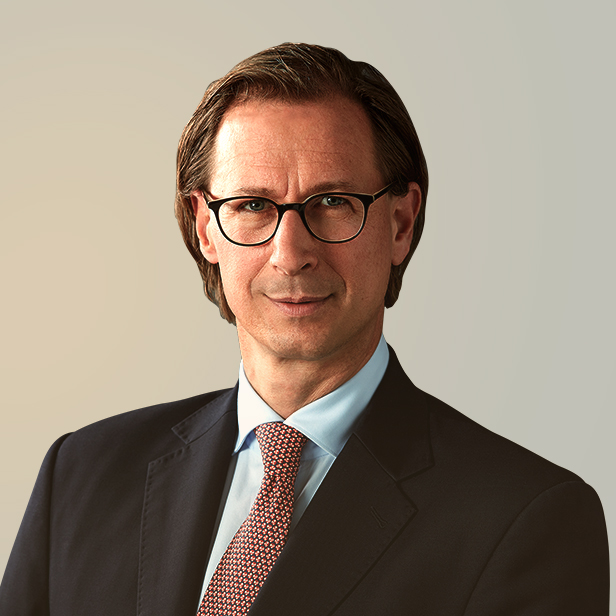
I am enthusiastic about creating sustainable growth and the highest value for our clients and strive to leave a positive footprint beyond any successful M&A transaction.
Friedrich Bieselt
Managing Director & Head of Business Services, Europe
Frankfurt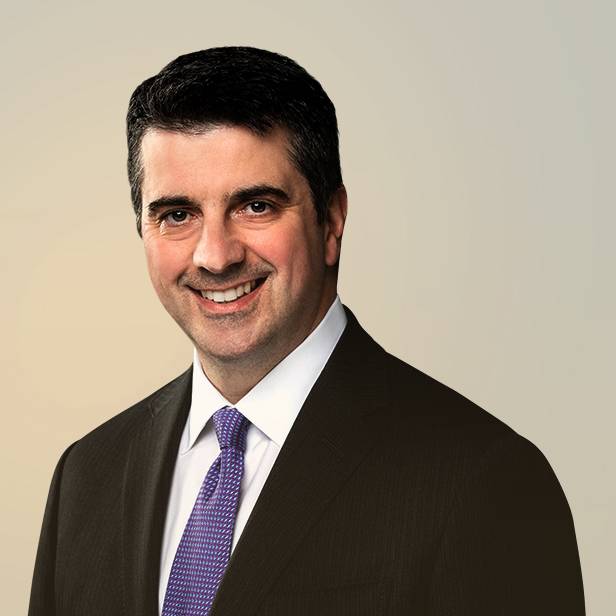
The transactions we work on are often trajectory-altering, with high stakes and pressure to get it right. We know our work, however challenging in the moment, is going to be impactful.
Mike Iannelli
Managing Director & Co-head of Business Services
Chicago
